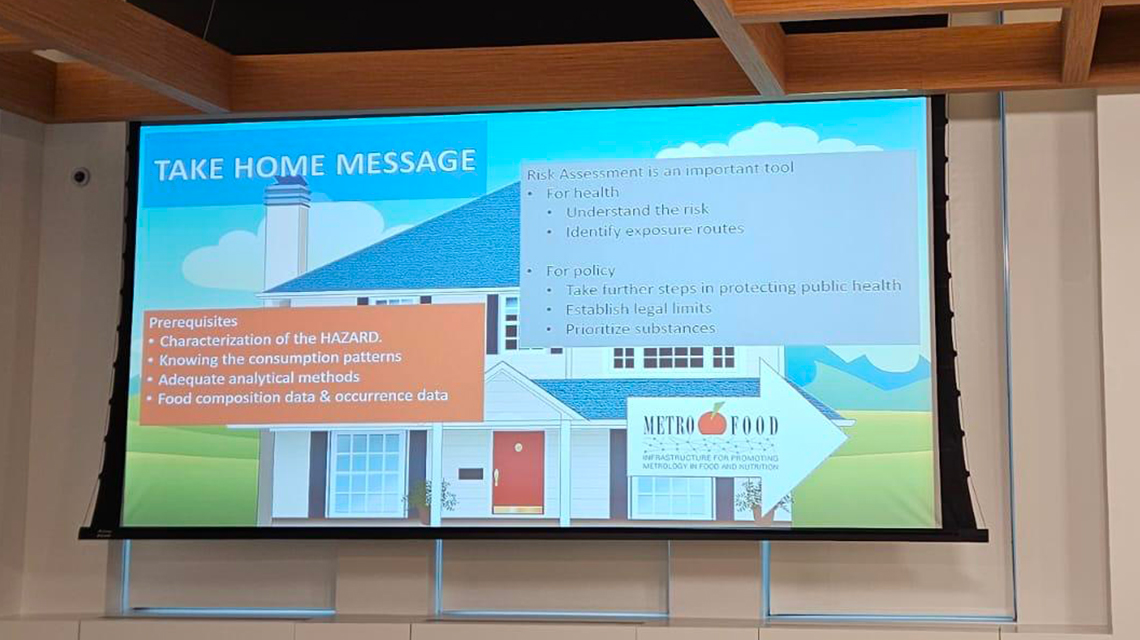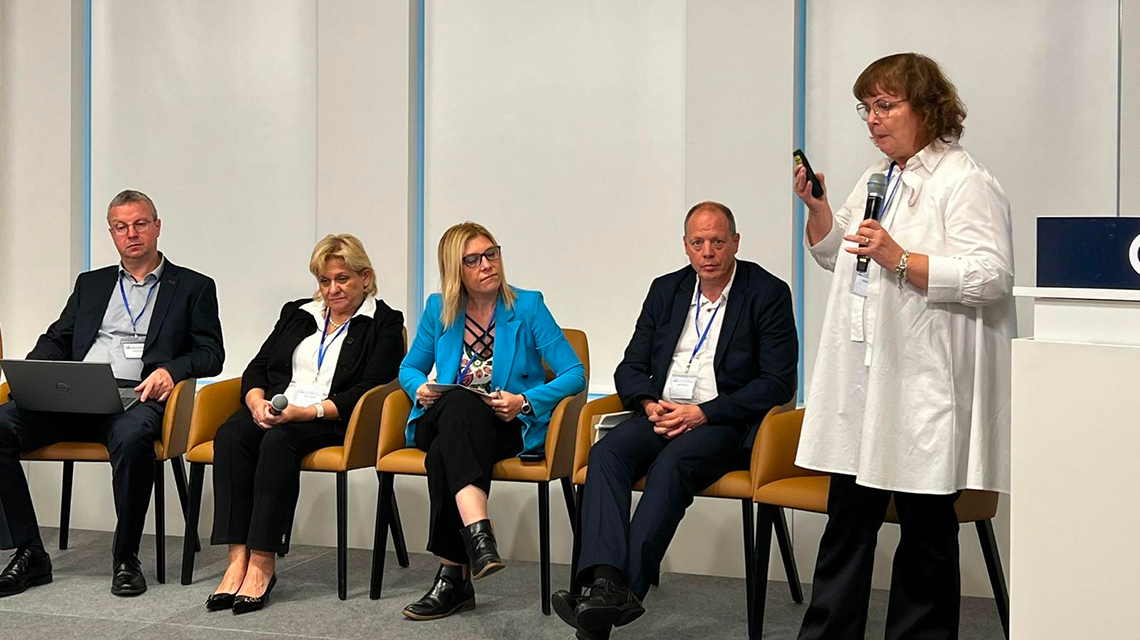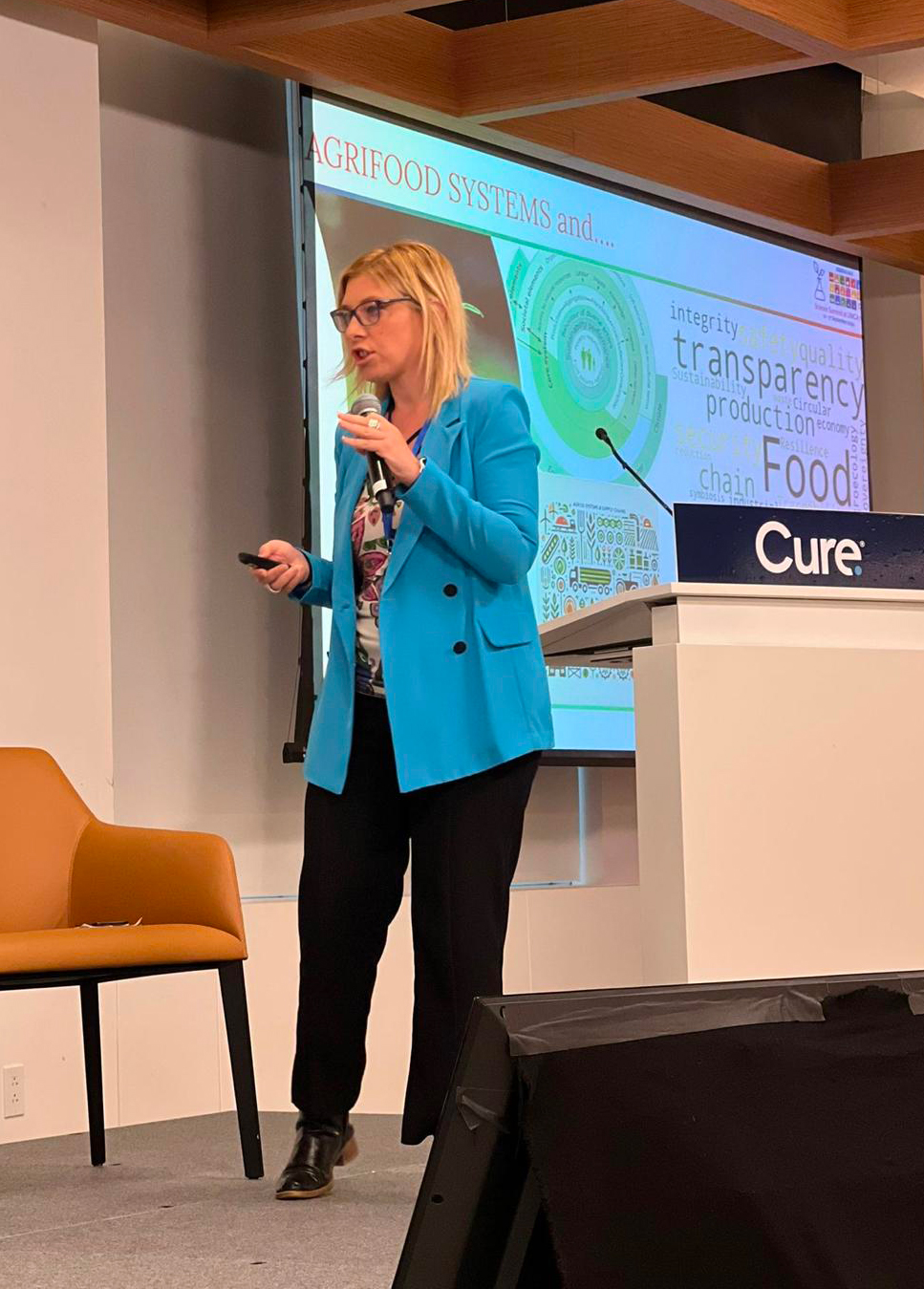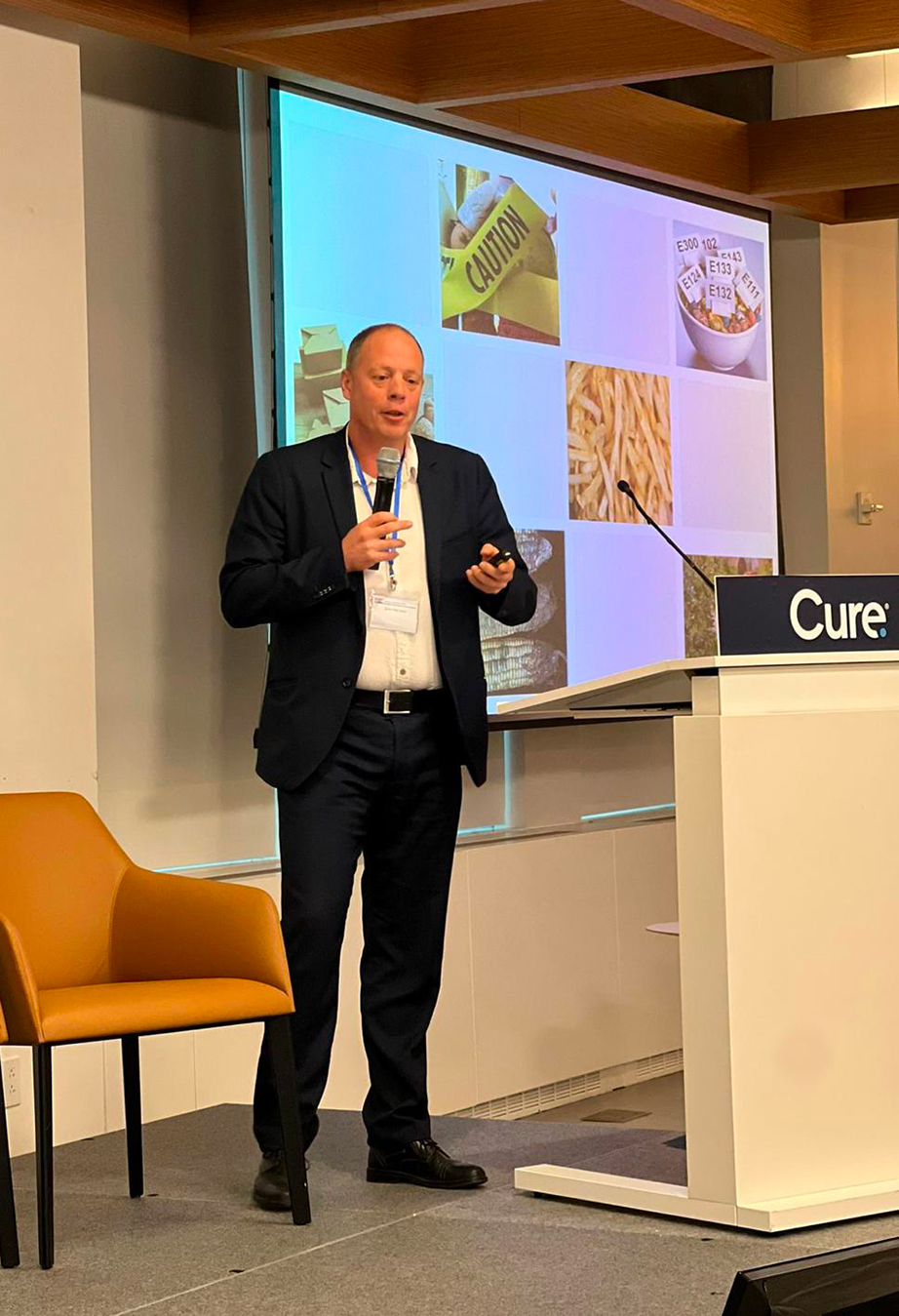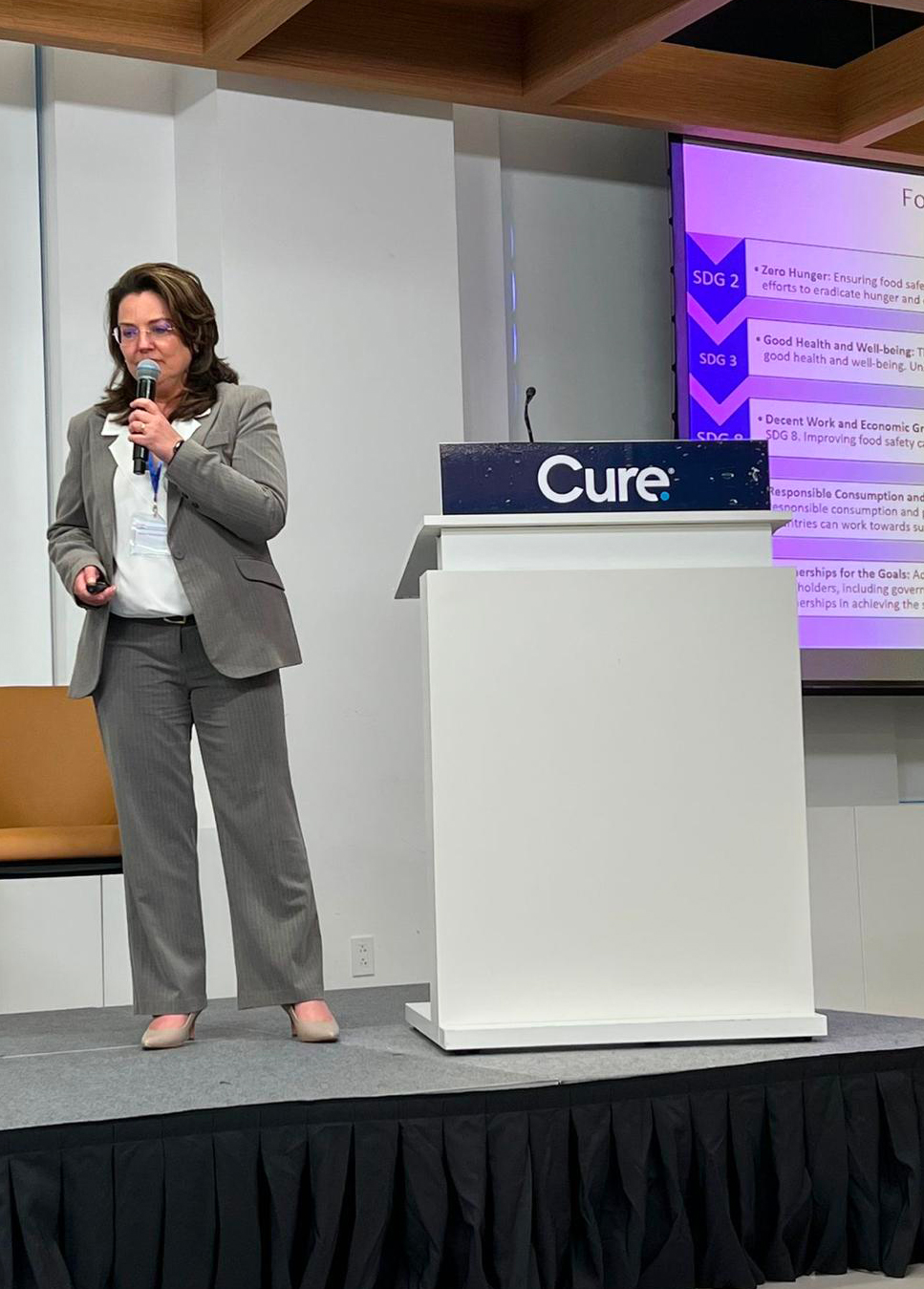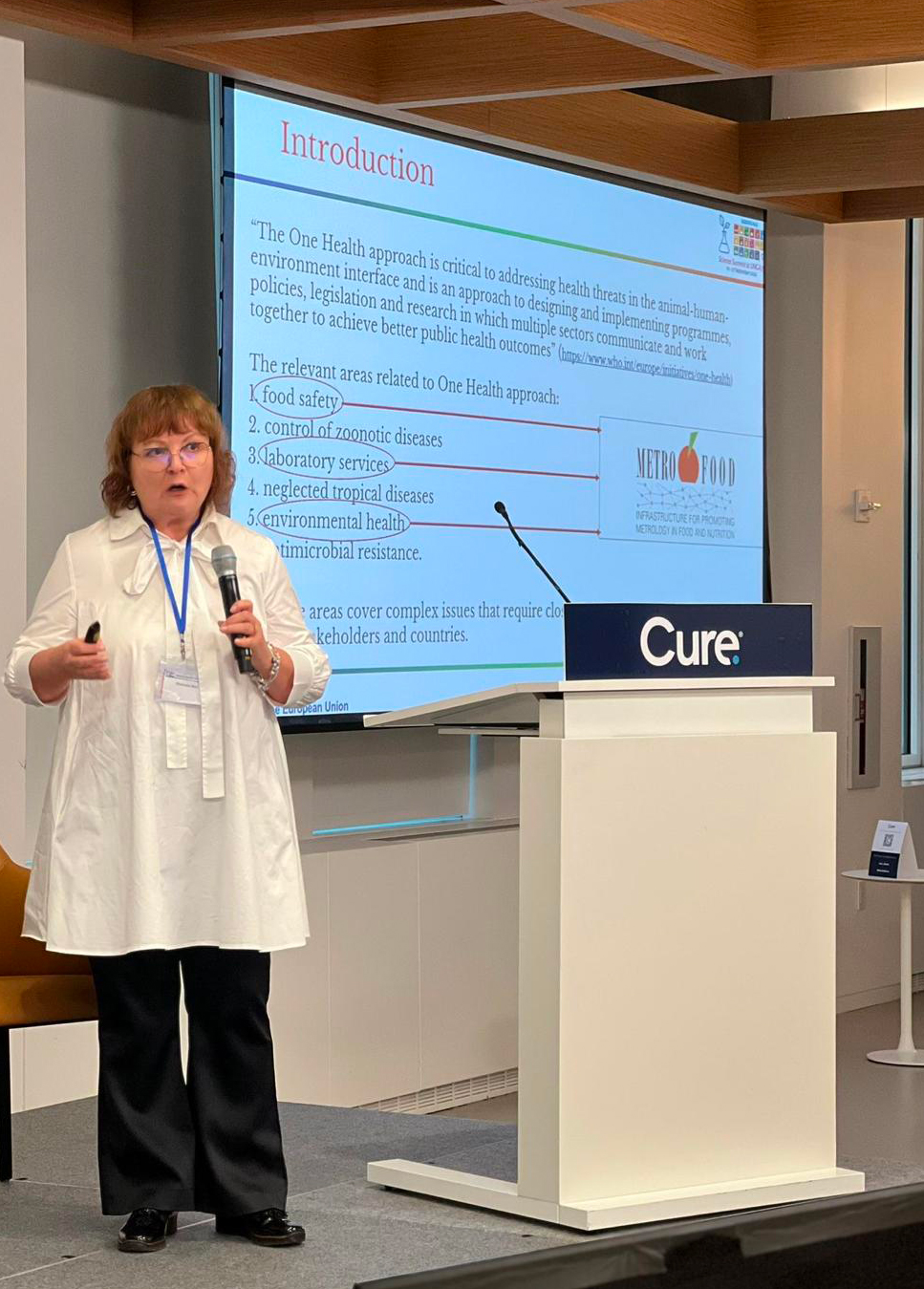Strengthening of the Italian Research Infrastructure for Metrology and Open Access Data in support to the Agrifood
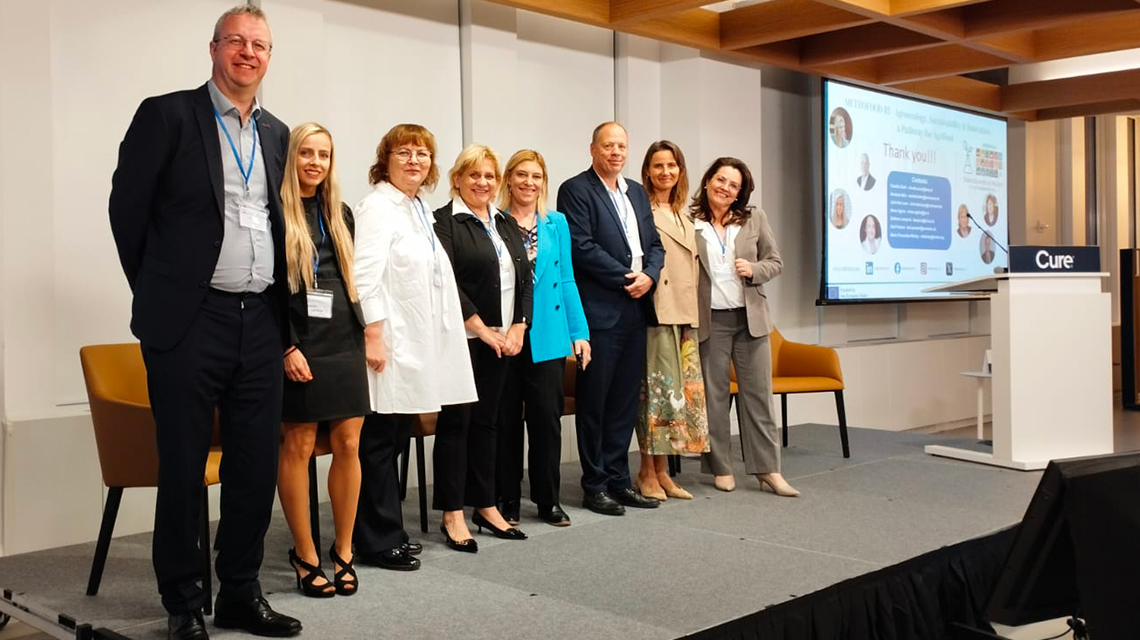
Globalization and Sustainability of Agrifood at the Center of the Session Organized by METROFOOD-RI at the UNGA79 Science Summit
The session organized by METROFOOD-RI at the Science Summit held during the United Nations General Assembly (UNGA79) in New York was successfully concluded. The event, titled “Agroecology, Sustainability & Innovation - a Pathway for Agrifood,” featured contributions from Claudia Zoani (ENEA, Italy), Nastasia Belc (IBA, Romania), Joris Van Loco (Sciensano, Belgium), Nives Ogrinc (JSI, Slovenia), Barbora Lampová (CZU, Czechia), Karl Presser (PREMOTEC, Switzerland), and Maria Fernandes-Whaley (NMISA, South Africa). During the session, the speakers highlighted how METROFOOD-RI can support the major challenges faced by global food systems today through the promotion of sustainable agricultural practices, circular bioeconomy approaches, as well as food safety and nutrition.
Throughout the event, various concrete initiatives of the infrastructure were mentioned, such as the Open Calls benefiting different stakeholders in the agrifood sector.
The speakers also addressed the importance of the “One Health” approach, which considers human, animal, and environmental health as interconnected. This approach is based on the understanding that balanced and sustainable agroecosystems and agrifood systems can significantly contribute to the well-being and security of human, animal, and plant capital, thus enabling the creation of sustainable agrifood systems aligned with the United Nations' global SDGs.
Regarding globalization, METROFOOD-RI coordinator Claudia Zoani emphasized, “Research infrastructures must operate on multiple levels, not just at the European scale. Therefore, on the one hand, at the national, regional, and local levels, and on the other - just as intensely - on the global scale. This is even more important for an infrastructure like METROFOOD-RI because it deals with agrifood, and the very nature of the subject demands it, to truly support agrifood systems and effectively tackle all the challenges they face in order to move toward the concrete achievement of the SDGs (by genuinely applying the One Health approach and advancing toward an ecological transition).
In this perspective, it is necessary to involve all stakeholders and promote harmonization and integration at all levels. METROFOOD has a great ‘advantage’ in this regard: it is based on metrology (i.e., the science of measurements), and metrology has great power as it is objective, neutral, and impartial, which enables comparison, harmonization, standardization, and integration. Harmonization, standardization, and integration of data, both for measurements themselves and for data management and interoperability, but also harmonization and standardization of approaches and policies supporting agrifood, thereby fostering dialogue, collaboration, and exchange between countries and continents.”






